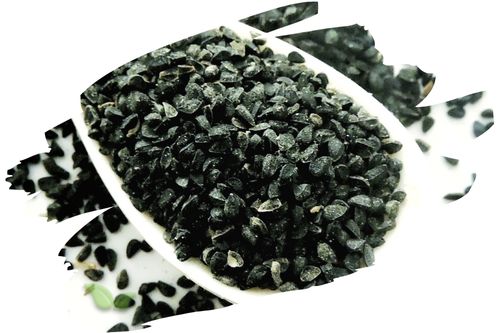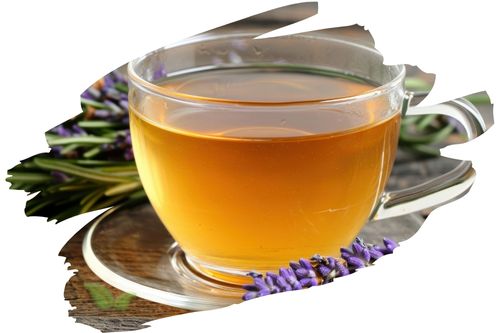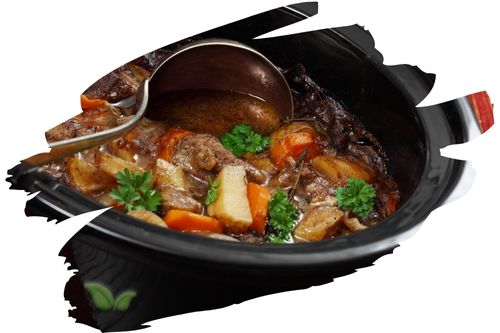
Introduction
Rosemary and sage are both renowned herbs in the world of gastronomy. They have unique flavors and versatile applications that make them indispensable in various cuisines. Let's delve into the specifics of Rosemary vs. Sage and discover what sets them apart.
Rosemary vs. Sage
Flavor Profiles
Rosemary: Rosemary is known for its strong and piney flavor. It carries a hint of mint and a pleasant earthiness. This herb's robust taste can dominate dishes if used in excess. It pairs exceptionally well with roasted meats, particularly lamb and poultry. Rosemary's aromatic qualities make it a favorite in Mediterranean and Italian cooking.
Sage: Sage, on the other hand, boasts a warm and savory flavor with a slightly peppery undertone. It exudes a subtle earthiness that complements a wide range of dishes. Sage's versatility shines in both savory and sweet preparations, making it a key player in European and American cuisines.
Culinary Uses
Rosemary: Rosemary's bold flavor makes it a fantastic choice for dishes that can stand up to its intensity. It's a natural pairing with roasted meats, potatoes, and grilled vegetables. Rosemary-infused oils and seasonings are popular choices for enhancing the taste of various dishes. This herb also shines in bread and focaccia recipes.
Sage: Sage's versatility knows no bounds. It can be used to flavor stuffing for poultry, add depth to creamy pasta sauces, or infuse butter for a fragrant drizzle over gnocchi. Sage's mild peppery notes complement poultry, pork, and even certain desserts like pumpkin pie. It's a must-have herb for holiday feasts.
FAQs
Q: Can I use rosemary and sage interchangeably in recipes? A: While both herbs are versatile, their flavors differ. It's best to choose based on your dish's requirements. Rosemary for robust and piney notes, sage for a warm and savory touch.
Q: Are there any side effects of consuming these herbs? A: When used in culinary amounts, both herbs are generally safe. However, excessive consumption of sage can lead to digestive discomfort.
Q: Can I grow rosemary and sage at home? A: Absolutely! Both herbs thrive in well-draining soil with plenty of sunlight. They're excellent additions to any herb garden.
Q: Are there any cultural traditions associated with these herbs? A: Yes, rosemary and sage have been used in various cultural and traditional practices throughout history, including rituals and ceremonies.
Q: What's the best way to store fresh rosemary and sage? A: Store fresh herbs in the refrigerator, wrapped in a damp paper towel or placed in a plastic bag with air holes.
Conclusion
In the culinary showdown of Rosemary vs. Sage, there's no clear winner – it all depends on your culinary vision and the flavors you want to enhance. Rosemary offers a robust and piney punch, perfect for hearty dishes, while sage brings warmth and versatility to a wide array of recipes. These herbs not only elevate your dishes but also offer potential health benefits.
Alert: While spices can have many beneficial properties for health, using them for medical purposes should be done under the guidance and supervision of a healthcare professional or specialist. Some spices may interact with medications or cause adverse reactions in certain individuals, and it is important to use them safely and appropriately. If you are considering using spices for a medical condition, it is important to consult with a healthcare professional before doing so.




















































